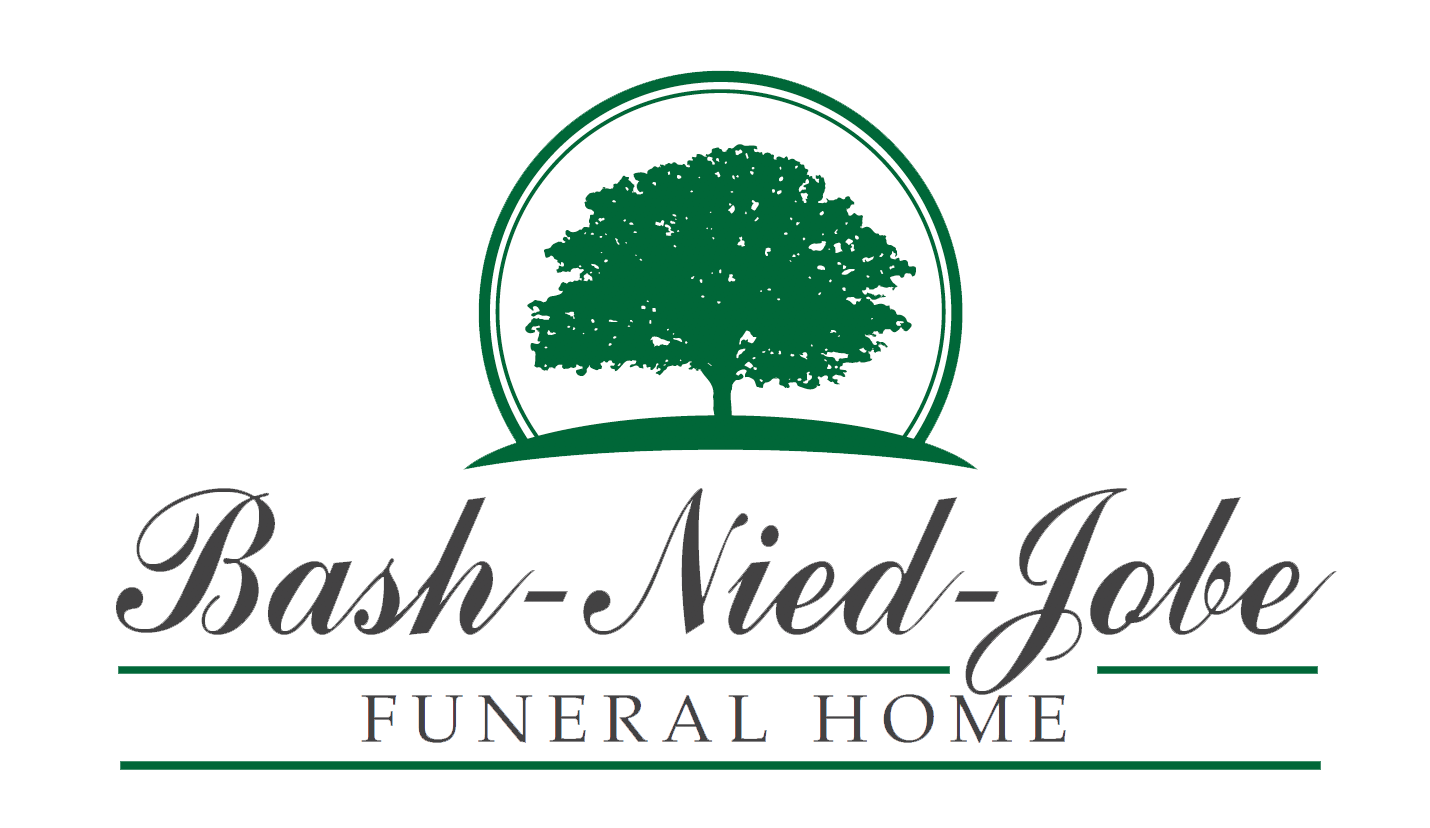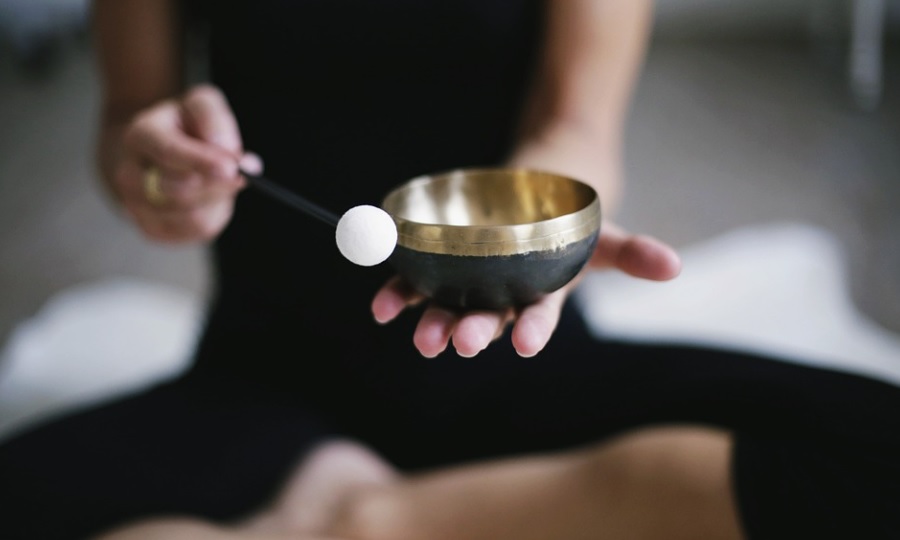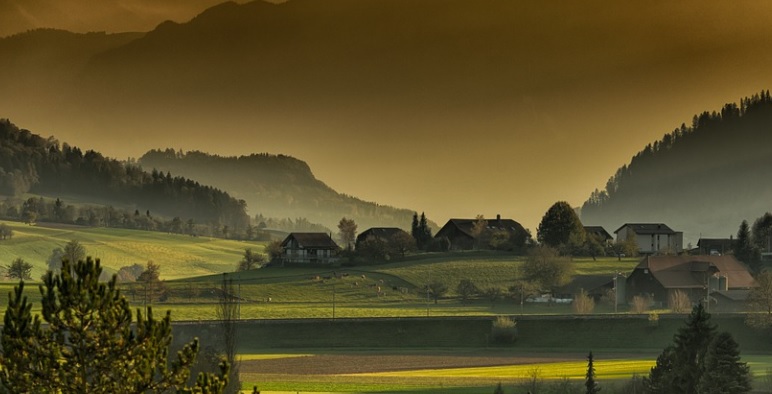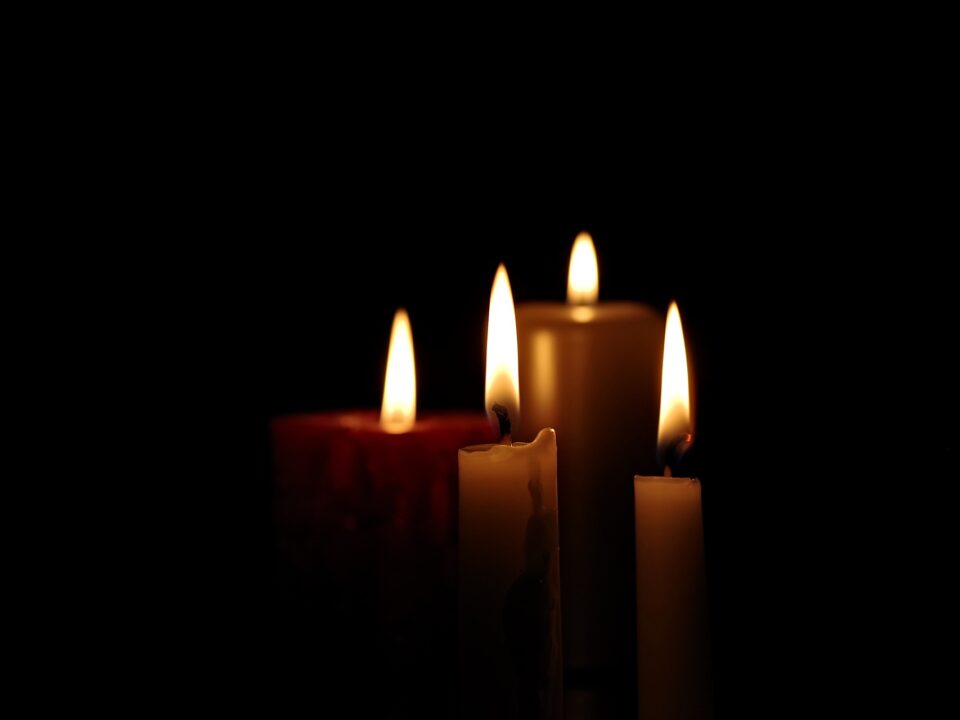Cremation has been a part of human history for thousands of years, with its origins rooted in various ancient cultures and traditions. Today, it has gained popularity as a modern alternative to traditional burial, offering numerous benefits and flexibility in memorialization. We’ll explore the fascinating history of cremation services in Turtle Creek, PA, its significant cultures, and the factors contributing to its growing popularity in contemporary times.
The Global Evolution of Cremation Practices
This practice can be traced back to ancient civilizations, where it was used as a means of disposing of the deceased and, in some cases, as a religious or cultural ritual.
- Ancient Greece: This was common in ancient Greece, where it was believed that the smoke and flames from the funeral pyre helped guide the soul of the deceased to the afterlife. The ashes were collected in urns, which were then placed in burial structures or graves.
- Roman Empire: In ancient Rome, it was widely practiced, particularly among the upper classes. The ashes of the deceased were placed in elaborate urns, often made of marble or other precious materials, and housed in columbaria or family tombs.
- Ancient India: It has been practiced in India for thousands of years, with Hinduism considering it a sacred rite that releases the soul from the cycle of rebirth. The ashes are typically scattered in rivers, particularly the holy Ganges River, to facilitate the soul’s journey to the afterlife.
- Viking Culture: In Viking society, it was seen as a means of freeing the spirit and ensuring a smooth transition to the afterlife. The deceased would often be placed on a ship or in a ship-shaped grave, which was then set on fire and sent out to sea.
Understanding the Significance of Diverse Traditions
Across different cultures and religions, it has held various spiritual and symbolic meanings, often reflecting beliefs about the afterlife and the role of fire in purification and transformation.
- Hinduism: In Hinduism, it is considered an essential ritual that releases the soul from the body, allowing it to continue on its path towards moksha or liberation from the cycle of birth and death. The funeral pyre is ignited by the eldest son, who also performs various rites and prayers to aid the soul’s journey.
- Buddhism: While it is not mandated in Buddhism, it is widely practiced and accepted as a means of disposing of the body. It is believed that the body is a temporary vessel, and this serves to remind practitioners of the impermanence of life and the importance of spiritual growth.
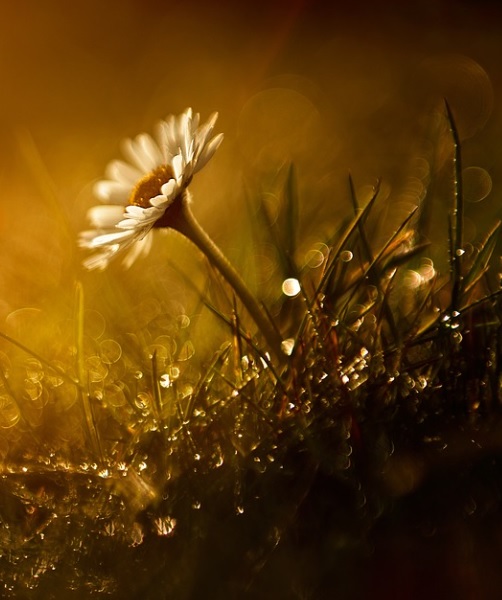
Factors Driving its Growth in Today’s World
In recent years, it has become an increasingly popular choice for end-of-life arrangements, owing to a range of factors:
- Affordability: It is often more affordable than traditional burial, as it eliminates the need for a burial plot, casket, and other associated costs.
- Environmental concerns: It is viewed as a more eco-friendly option compared to traditional burial, as it requires less land and fewer resources.
- Flexibility: It allowsfor a wider range of memorialization options, including scattering ashes in meaningful locations, keeping them in an urn, or incorporating them into unique memorial items like jewelry or artwork.
- Changing religious and cultural beliefs: As society becomes more secular and diverse, it becomes an increasingly accepted and popular choice among those who may not adhere to strict religious or cultural funeral traditions.
- Urbanization: As urban populations grow and space becomes limited, they offer a practical solution for memorializing the deceased without consuming valuable land.
- Portability: For families who are geographically dispersed or move frequently, it offers a portable option for keeping the remains of loved ones close, allowing them to be easily transported or divided among family members.
Conclusion
The practice of cremation has a rich and diverse history, dating back thousands of years and spanning numerous cultures and religions. As societal attitudes and beliefs evolve, cremation services in Turtle Creek, PA continues to gain popularity as an affordable, environmentally friendly, and flexible option for memorializing the deceased. By understanding the historical and cultural significance, Jobe Funeral Home and Crematory, Inc. appreciate its role in honoring the lives and memories of those who have passed, both in the past and in the present. Call us today at (412) 823-1950 for more information about its services.



